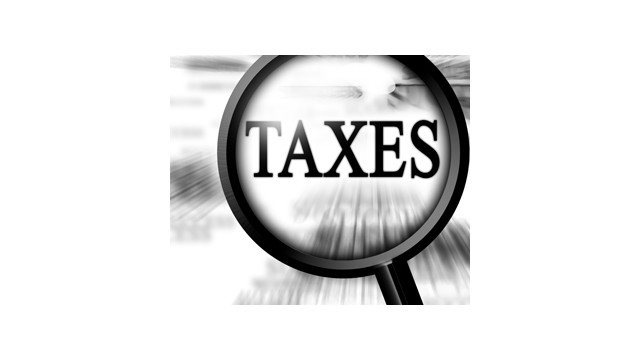If you have clients who are in their seventies, they generally must arrange to receive “required minimum distributions” (RMDs) from qualified plans and IRAs each year. The penalty for an omission is steep: It’s equal to 50% of the RMD that is due.
Will you be getting SECURE?
Currently, you must begin taking RMDs by April 1 of the year after the year you turn age 70½. However, under proposed legislation called the “Setting Every Retirement Community Up for Retirement Enhancement” (SECURE) Act, retirement-savers would be able to postpone RMDs until age 72, among other changes. The House-passed version of the bill may be reconciled by the Senate after summer recess ends.
Ask for a waiver.
The 50% penalty for failing to take RMDs is severe, but you may be eligible for some tax relief. As long as there’s a reasonable excuse for missing the deadline—such as a debilitating illness or a foul-up by the financial institution— you can apply for a waiver. The IRS provides instructions for doing this or you can rely on your tax advisor to point the way. Assuming the IRS agrees, you’ll still owe tax on the RMD, but no penalty will apply.
Keep funds if you keep working.
Normally, you have to start RMDs after you reach the magic age of 70½, but not always. If you’re still working full full-time and you’re not a 5%-or-more owner of the employer, you can continue to postpone RMDs from qualified plans under the “still working” exception. You don’t have to begin withdrawing distributions until you actually call it quits. But note: This exception only applies to qualified plans like 401(k)s and pension plans—not IRAs.
Thanks for reading CPA Practice Advisor!
Subscribe Already registered? Log In
Need more information? Read the FAQs




